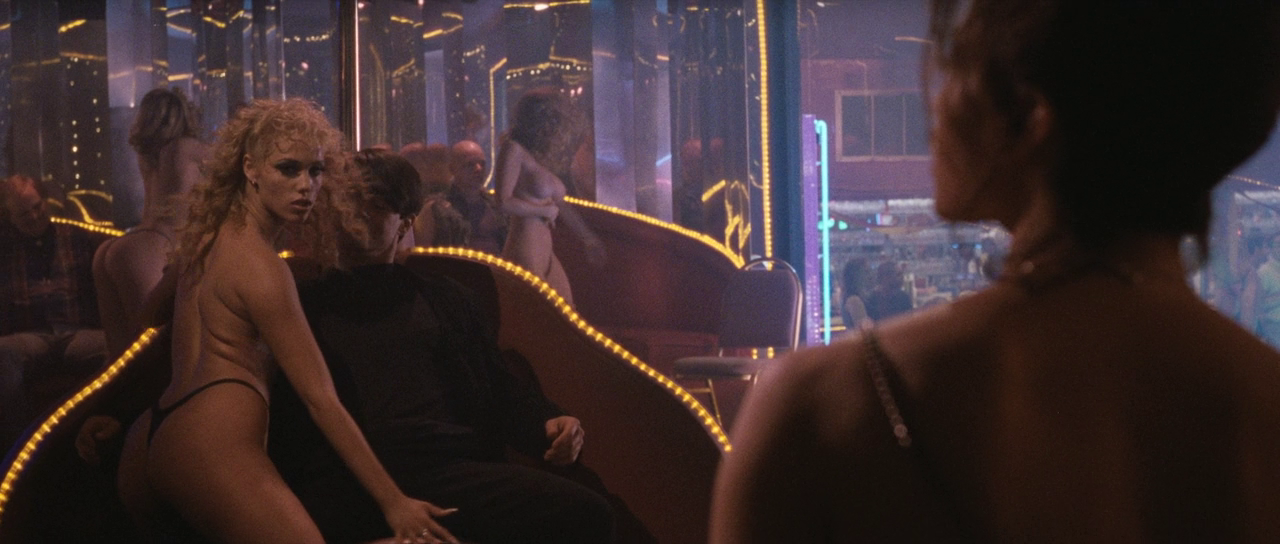The current state of cultural and material decline plays an important role in the shift toward Puritanism in media and art, in consumer appetite, and in the political posture of the State. That is to say, with the compounding crises we are bombarded with (everything from climate disaster to rampant racialized police violence to genocide) as a part of our daily lives under late capitalism, the need for escape, and indeed, the need for that escape to be completely unchallenging and non-confrontational, has become imperative. Moreover, as control over our own material realities becomes less and less feasible, the last lone place we believe we can exercise agency is within the landscape of that which we consume. This has resulted in the consuming public approaching all media and art with a moral imperative — that which we consume must be perfectly virtuous, sanitized of all problematic or complicated ideas and depictions, because it has become the stand-in for our very realities, our very political action as citizens; consuming has become our praxis.
The desire to exclusively engage with media and art made by “unproblematic” artists is a direct result of Americans viewing media consumption as an inherently political act because that is the supreme promise of Western prosperity and the religion of consumerism, and because it’s seemingly all that’s left. We’ve been stripped and socialized out of any real political energy and agency. Our ability to consume is the only thing remaining that’s “ours” in late capitalism, and as a result it’s become a stand-in for (or perhaps the sole defining quality of) every aspect of being alive today — consuming is activism, it’s love, it’s thinking, it’s sex, it’s fill in the blank. When the act of consuming is all you have left and indeed the only thing society tells you is valuable and meaningful, the act must necessarily be a moral one, which is why people send themselves down manic spirals deciding what, who is “problematic” or not, because for us the stakes are that high now.


